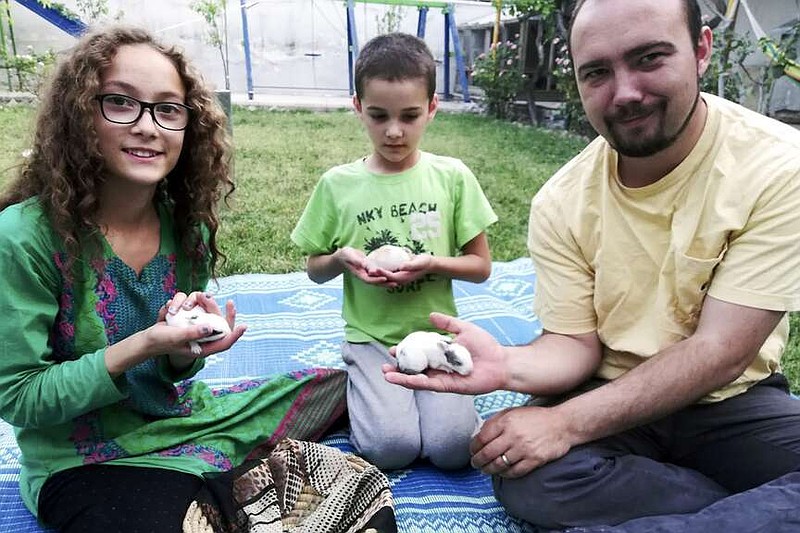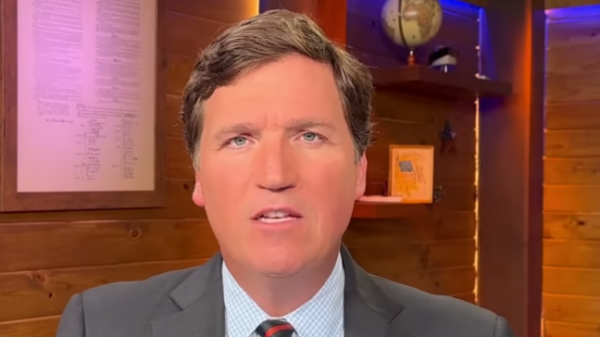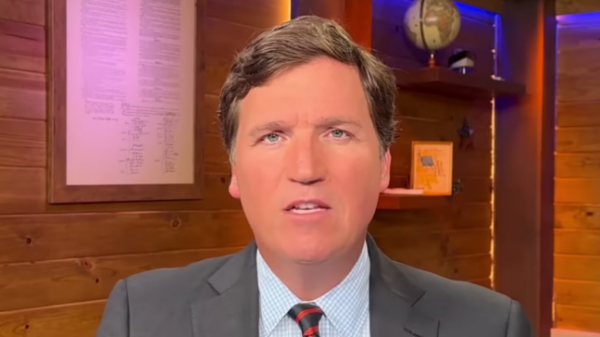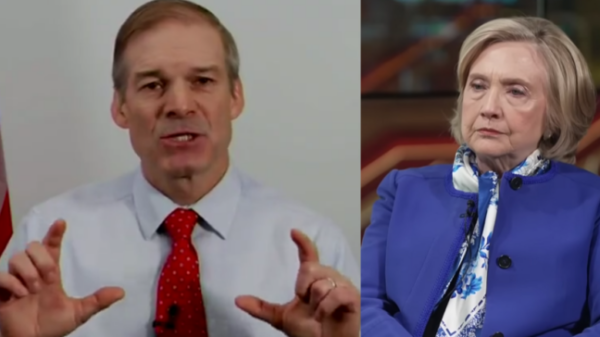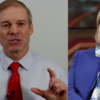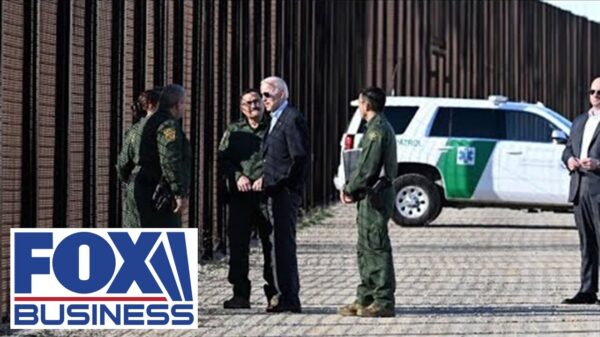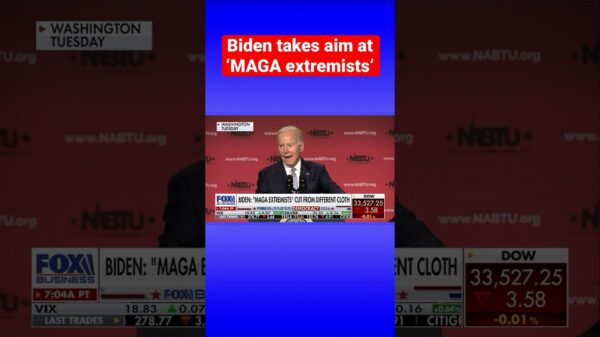WASHINGTON — A prisoner swap between the United States and Afghanistan’s Taliban freed two Americans in exchange for a Taliban figure imprisoned for life in California on drug trafficking and terrorism charges, officials said Tuesday.
The deal to release two Americans, Ryan Corbett and William McKenty, was brokered by former President Joe Biden’s administration before he left office Monday, according to an official in President Donald Trump’s administration who was not authorized to comment publicly and requested anonymity.
The Taliban’s Foreign Ministry in Kabul said the two U.S. citizens had been exchanged for Khan Mohammed, who was sentenced to two life terms in 2008.
Biden, who oversaw the chaotic U.S. withdrawal from Afghanistan in 2021, on Monday handed power to Trump. The Taliban praised the swap as a step toward the “normalization” of ties between the U.S. and Afghanistan.
Most countries still don’t recognize the Taliban’s rule and two other Americans are believed held. The Trump White House cheered the release and thanked Qatar for its assistance with the deal while pressing the Taliban to free other Americans.
“The Trump Administration will continue to demand the release of all Americans held by the Taliban, especially in light of the billions of dollars in U.S. aid they’ve received in recent years,” White House National Security Council spokesperson Brian Hughes said in a statement.
Negotiations for a prisoner exchange started two years ago and took place “during several rounds of negotiations in Doha,” said an official with knowledge of the release. “Once a deal was in place, the Qataris provided logistical support to ensure their safe exit from Afghanistan to the U.S. via a stop in Doha,” said the official.
Corbett, who had lived in Afghanistan with his family when the U.S.-backed government collapsed in 2021, was detained by the Taliban in August 2022 on a business trip.
“Our hearts are filled with overwhelming gratitude and praise to God for sustaining Ryan’s life and bringing him back home after what has been the most challenging and uncertain 894 days of our lives,” the family’s statement said. They thanked both Trump and Biden.
Corbett’s family also praised Qatari officials “for their vital role in facilitating Ryan’s release, and for their visits to Ryan as the United States’ Protecting Power in Afghanistan.” Qatar has hosted negotiations between the U.S. and the Taliban over the years.
In June, a United Nations expert had warned that Corbett’s life was at risk if he wasn’t immediately granted urgent medical care, noting the “utterly inadequate” conditions of his detention.
McKenty’s family statement did not provide details about the duration or reason for his detention but said: “This has been an extremely challenging time for our family, and we are relieved to finally have Bill back where he belongs. As we begin this new chapter, we kindly ask for privacy to allow us to reconnect and heal together.”
A Qatar Foreign Ministry statement said those who were traded passed through Doha and that it hopes the deal “would pave the way for achieving further understandings” to resolve disputes peacefully.
NEGOTIATIONS
Before Biden left office, his administration had been trying to work out a deal to free Corbett and McKenty, as well as George Glezmann and Mahmood Habibi, in exchange for Muhammad Rahim, one of the remaining detainees at the military prison in Guantanamo Bay, Cuba.
The Taliban had rejected multiple proposals that also would have included Glezmann and Habibi before accepting the deal to release Corbett and McKenty late last week following negotiations in Qatar, according to a former senior Biden administration official who was not authorized to comment publicly and spoke on the condition of anonymity.
The official added that Biden officials found in past negotiations for American detainees in Russia that “one deal can make it easier to get future ones” and that the Trump administration should continue to push the Taliban for Glezmann and Habibi.
Russia had rejected proposals to include American Paul Whelan in separate prisoner swaps that freed Americans Trevor Reed and Britney Griner before ultimately including Whelan in a 24-person deal that included Wall Street Journal reporter Evan Gershkovich and others.
Habibi, an Afghan American businessman, was taken from his vehicle near his home in Kabul in August 2022. “It is believed that Mr. Habibi was taken by Taliban military or security forces and has not been heard from since his disappearance,” the FBI said in August last year, as it appealed for information about his disappearance. The Taliban has denied it is holding Habibi.
According to a House resolution last year calling for his release, Habibi was arrested “because the Taliban made an assumption” that his employer may have been involved in a U.S. drone strike that killed an al-Qaida leader.
Glezmann, an airline mechanic, was detained by the Taliban in December 2022 while visiting Afghanistan for five days as a tourist, according to a Senate resolution calling for his release and the James Foley Legacy Foundation, which campaigns for Americans held hostage or wrongly detained abroad.
Habibi’s family welcomed the exchange and said they were confident the Trump administration would make a “greater effort” to free him, expressing their frustration with the Biden team.
“We know they have evidence my brother is alive and in Taliban hands and it could have been influential in encouraging the Taliban to admit they have him,” Habibi’s brother Ahmed said in a statement shared by the nonprofit Global Reach.
Biden officials “refused to use” the evidence, he claimed. “We know Trump is about results and we have faith he will use every tool available to get Mahmood home.”
The trade for Corbett and McKenty was originally supposed to take place Sunday night but had to be delayed until Tuesday because of logistical delays, including bad weather, the former Biden administration official said.
AFGHAN GOES HOME
Mohammed, 55, was a prisoner in California after his 2008 conviction. The Bureau of Prisons early Tuesday listed Mohammed as not being in their custody.
Hafiz Zia Ahmad Takal, a Taliban Foreign Ministry deputy spokesperson, said Mohammed had arrived in Afghanistan and was with his family. Photos released by the Taliban showed him being welcomed back in his home province of Nangarhar, in the country’s east, with multicolored garlands.
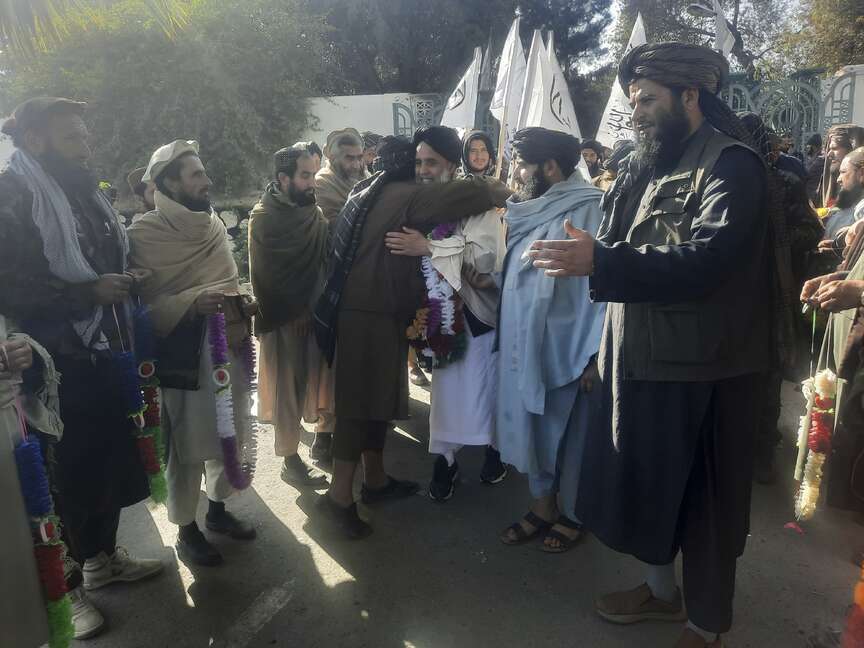
Mohammed told Taliban-controlled media he had spent time behind bars in Bagram and in Washington.
“It’s a joy seeing your family and coming to your homeland. The greatest joy is to come and join your Muslim brothers,” he said.
He was detained on the battlefield in Nangarhar and later taken to the U.S. A federal jury convicted him on charges of securing heroin and opium that he knew were bound for the United States and, in doing so, assisting terrorism activity.
The Justice Department at the time referred to Mohammed as “a violent jihadist and narcotics trafficker” who “sought to kill U.S. soldiers in Afghanistan using rockets.” He was the first person to be convicted on U.S. narco-terrorism laws.
Ahmed Rashid, the author of several books about Afghanistan and the Taliban, described Mohammed as the “biggest drugs smuggler the U.S. had to deal with and key funder of the Taliban.”
The Taliban called the exchange the result of “long and fruitful negotiations” with the U.S. and said it was a good example of solving problems through dialogue.

